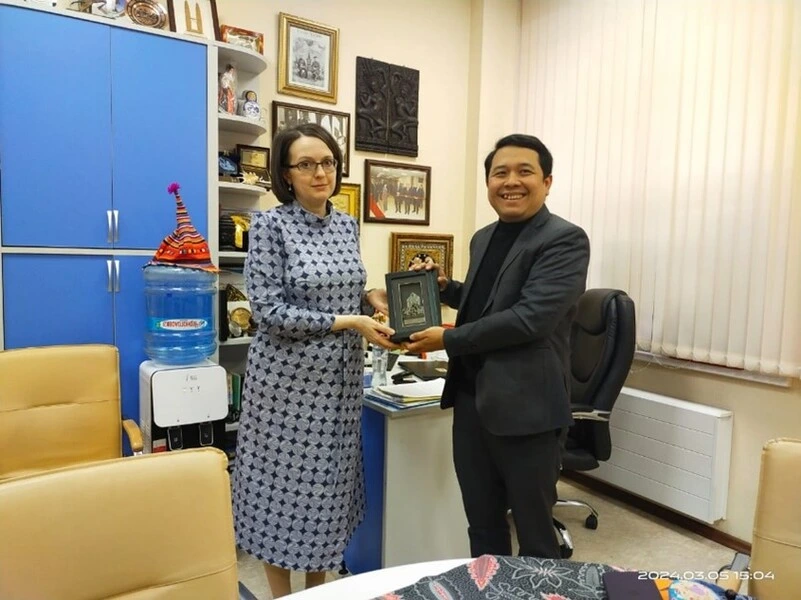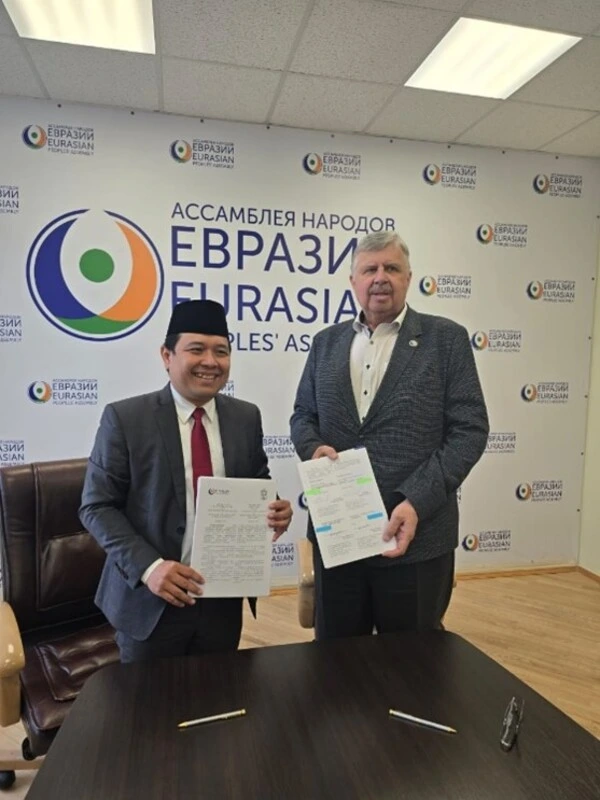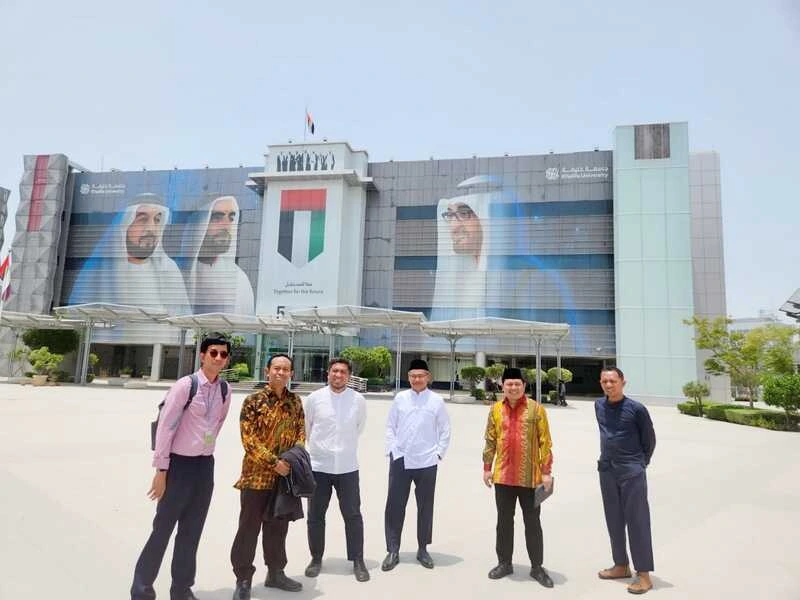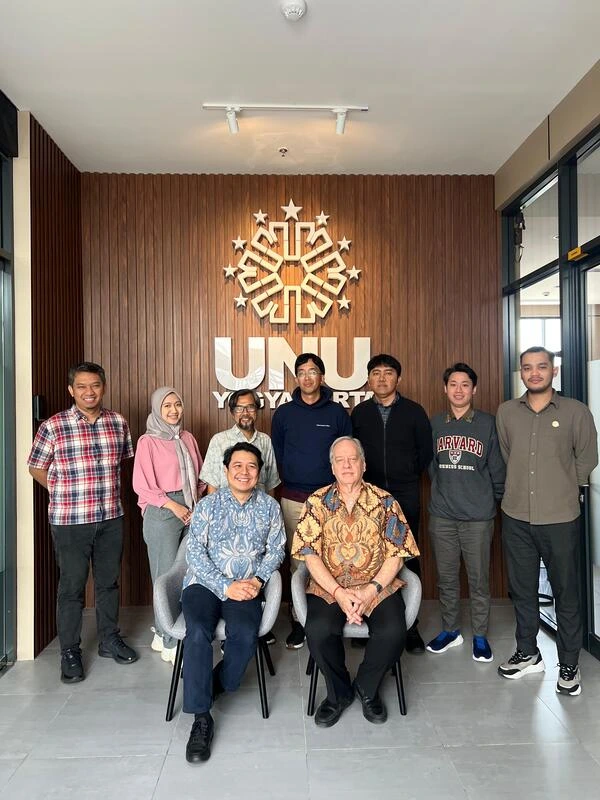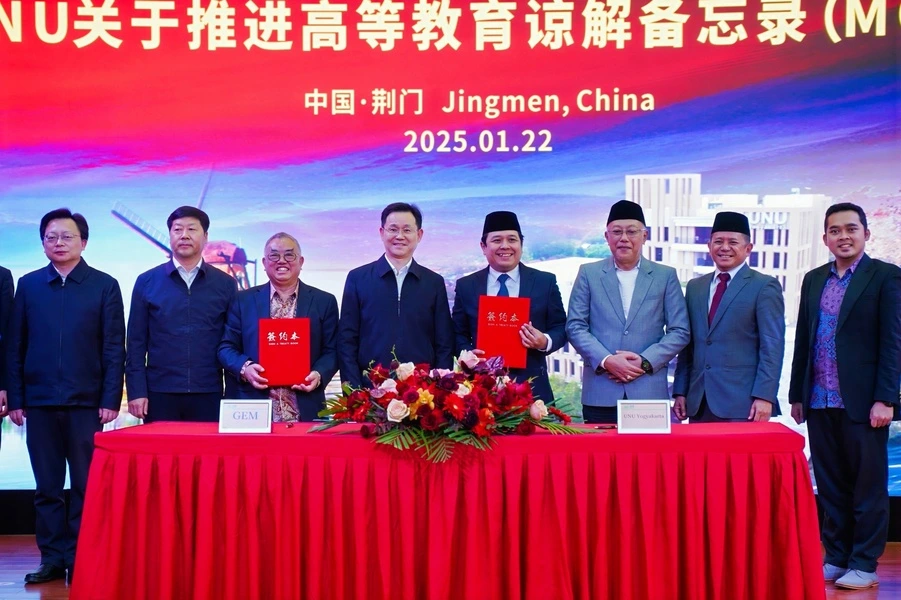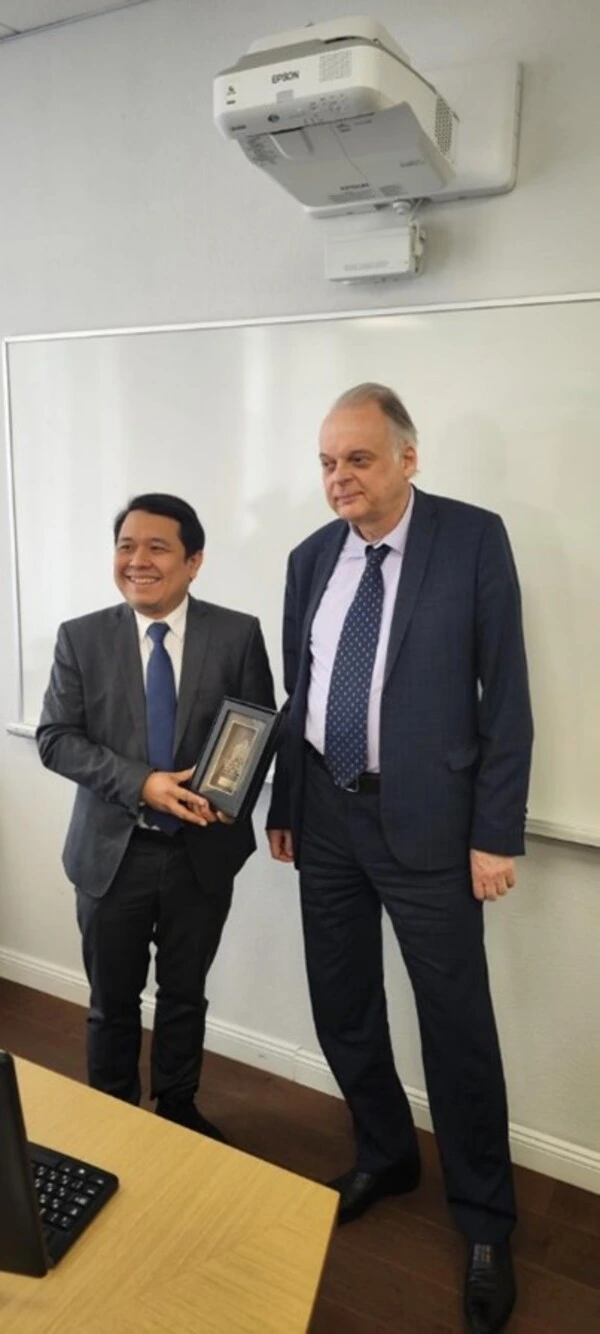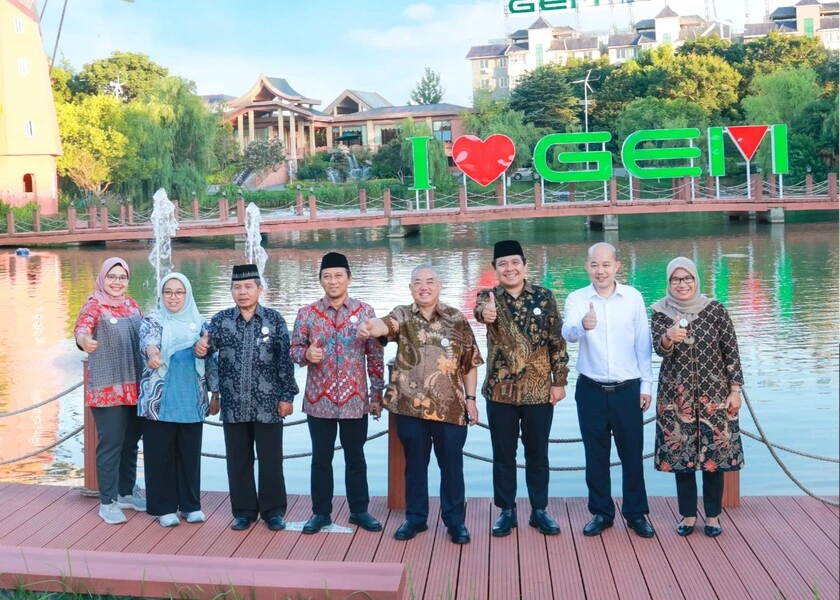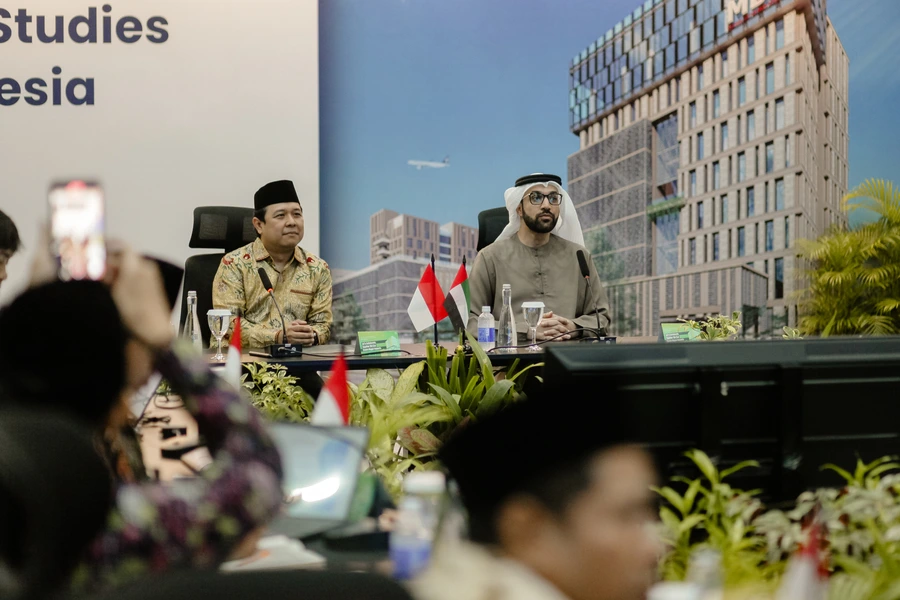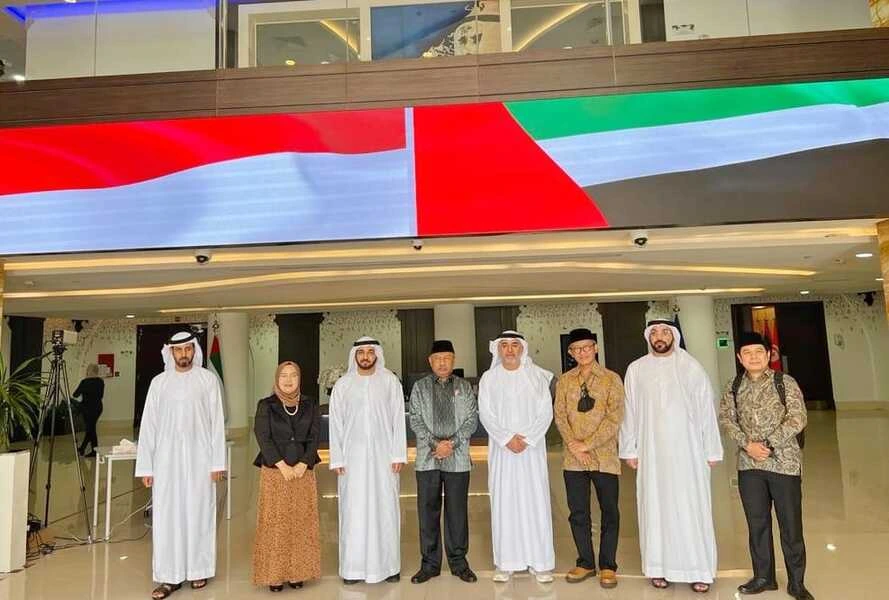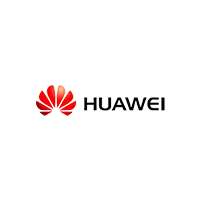
Born from Nahdlatul Ulama. Built for the Future.
Part of the world's largest Islamic organization, UNU Yogyakarta stands uniquely positioned to bridge traditional wisdom with cutting-edge professional education
Continue below to explore further
Rooted in aLegacy of Progress
For nearly a century, Nahdlatul Ulama has been a force for progress across Indonesia and beyond.
With 148 million members spanning 50+ countries, NU has consistently demonstrated its commitment to building a better Indonesia through education, social empowerment, and inclusive development.
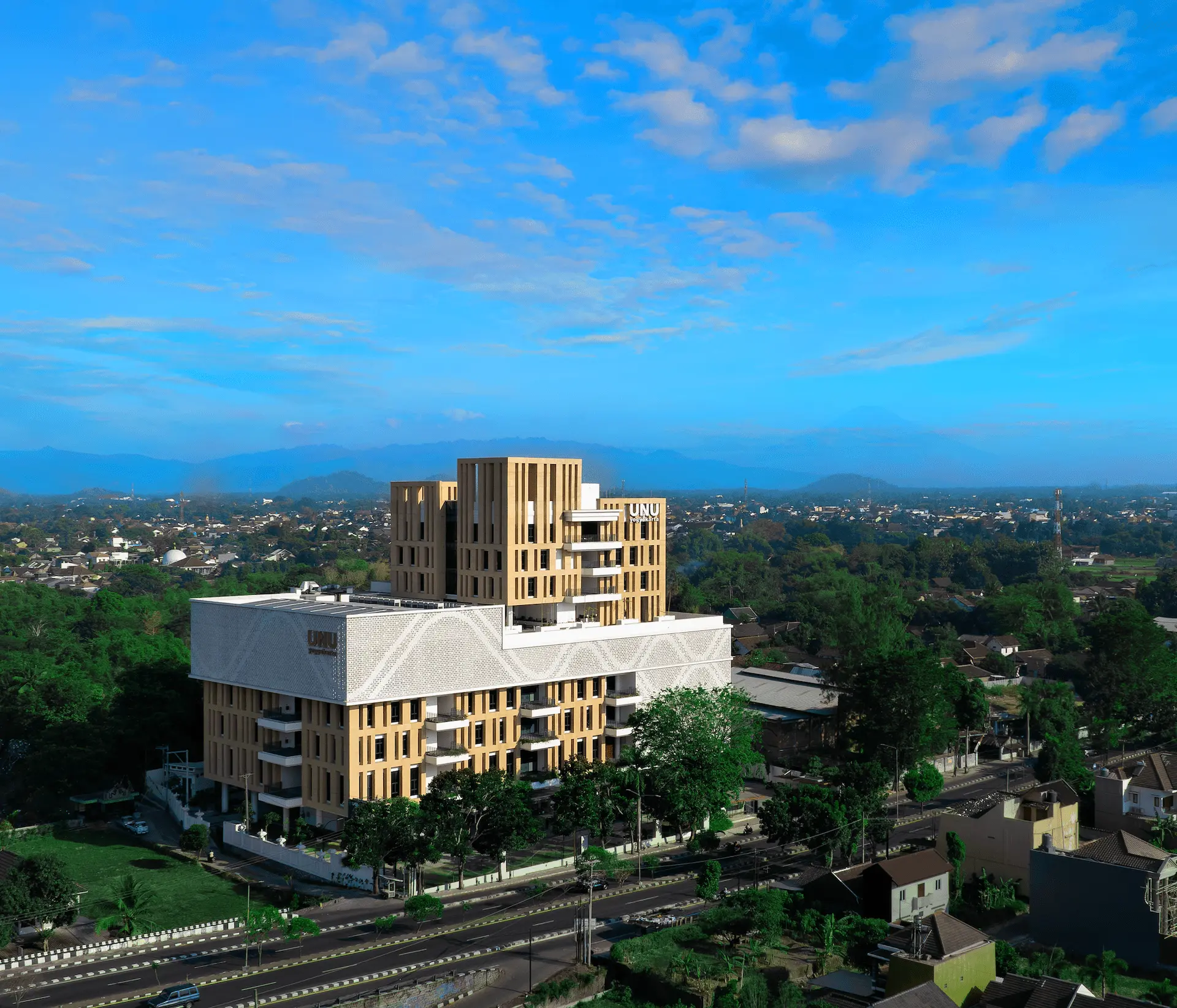
Today, this heritage empowers UNU Yogyakarta to serve as more than just another university.
We are the educational arm of a movement that has shaped modern Indonesia—and we're using that foundation to shape its future.
Where We Stand Apart
While most Nahdlatul Ulama Universities in Indonesia focus on producing politicians, academics, and religious scholars, we've charted a different course.
UNU Yogyakarta is laser-focused on producing professionals, entrepreneurs, and innovators who can thrive in tomorrow's economy.
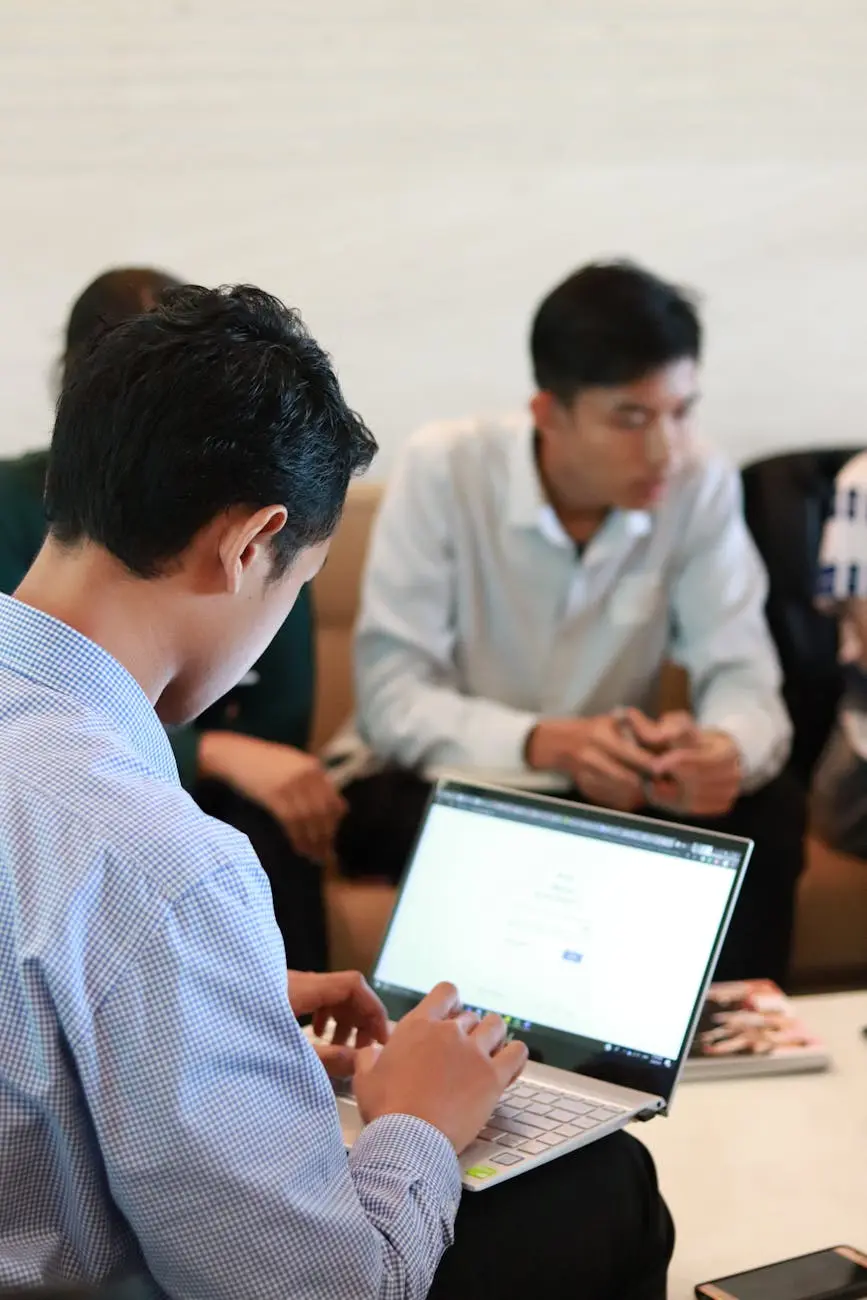
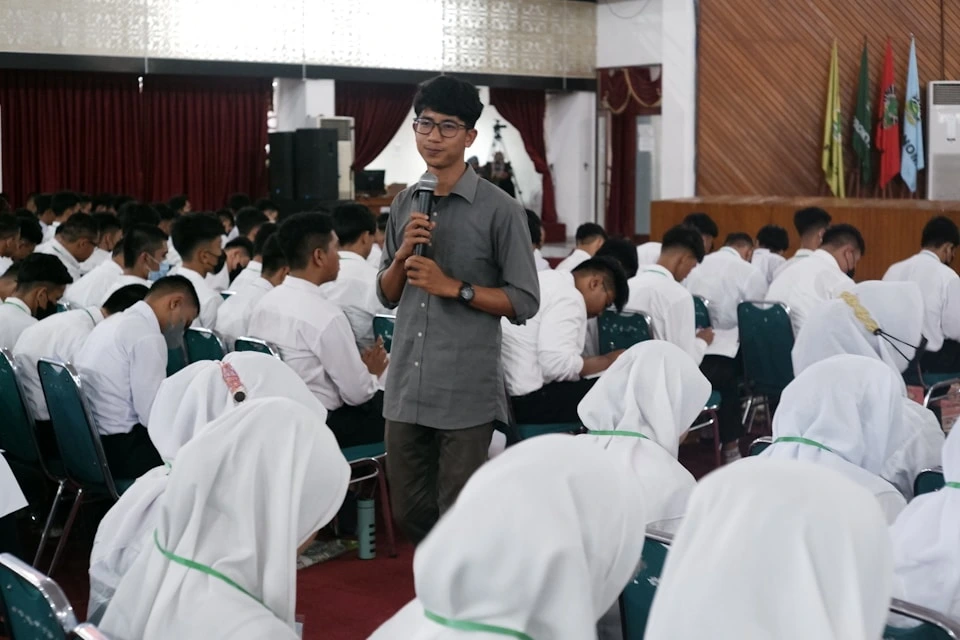

Future-Forward Programs
Future-Forward Programs
Our flagship programs are designed around emerging fields that will define the next decade. Through global collaborations with international institutions across UAE, China, and Russia , we ensure our curriculum stays ahead of industry evolution, not behind it.
Diverse PartnershipEcosystem
Our 300+ strategic partners span far beyond traditional education networks. We've built relationships across industry sectors—from tech startups to multinational corporations, from government agencies to innovation hubs.
This diverse ecosystem creates real pathways from classroom to career, connecting students to opportunities that matter in the real world.
Our 300+ strategic partners span far beyond traditional education networks. We've built relationships across industry sectors—from tech startups to multinational corporations, from government agencies to innovation hubs.
This diverse ecosystem creates real pathways from classroom to career, connecting students to opportunities that matter in the real world.
Our Vision in Action
Everything we do is guided by one ambitious goal: "Becoming The Leading Professional Hub and Future-Oriented University."
We're not waiting for the future to arrive—we're building it through our 5 GO Strategy:
Go— Innovative
Pioneering new educational approaches
Go— Digital
Embracing technology as an enabler, not just a tool
Go— Collaborative
Building partnerships that amplify impact
Go— Professional
Focusing on real-world skills and outcomes
Go— Global
Preparing students for an interconnected world
This strategy isn't just a plan on paper—it's our daily practice, embedded in everything from our curriculum design to our international programs.
The RoadWe're Traveling
Our transformation journey is deliberate and strategic, unfolding in carefully planned stages:
Accelerate New Business Processes (Quick Win)
We started by redefining our internal strategies and building the coalition needed for change. Through capacity building, flagship program launches, and strategic rebranding, we established UNU Yogyakarta as a university that thinks differently.
Achievement and Increasing Targets (Scale Up)
Now we're developing robust management systems and enhancing our academic quality assurance. We continue expanding our capacity while launching groundbreaking programs that set new standards for professional education.
Continuous Maintenance (Scale Out)
We're developing new business models and strengthening our position both nationally and globally. Our focus remains on innovation, building programs that anticipate industry needs rather than just respond to them.
The Leading Professional Hub
Our destination is clear: becoming the go-to institution where industry meets academia, where traditional wisdom meets innovation, and where Indonesia's brightest minds prepare to lead in an ever-changing world.
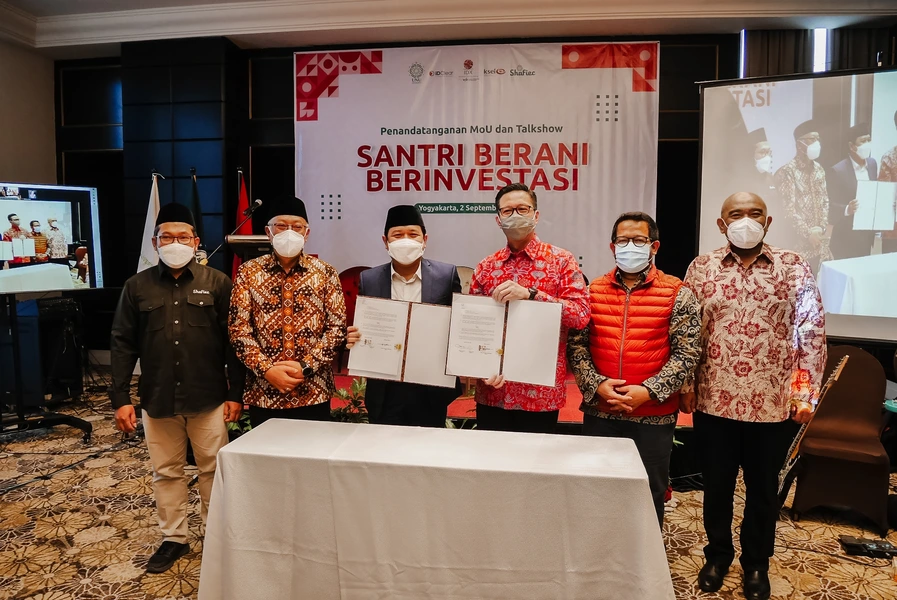
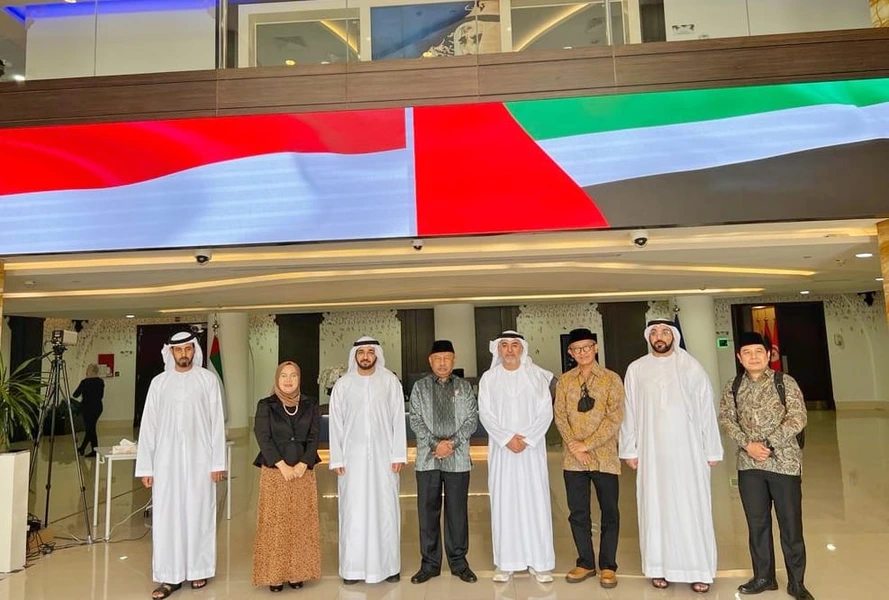
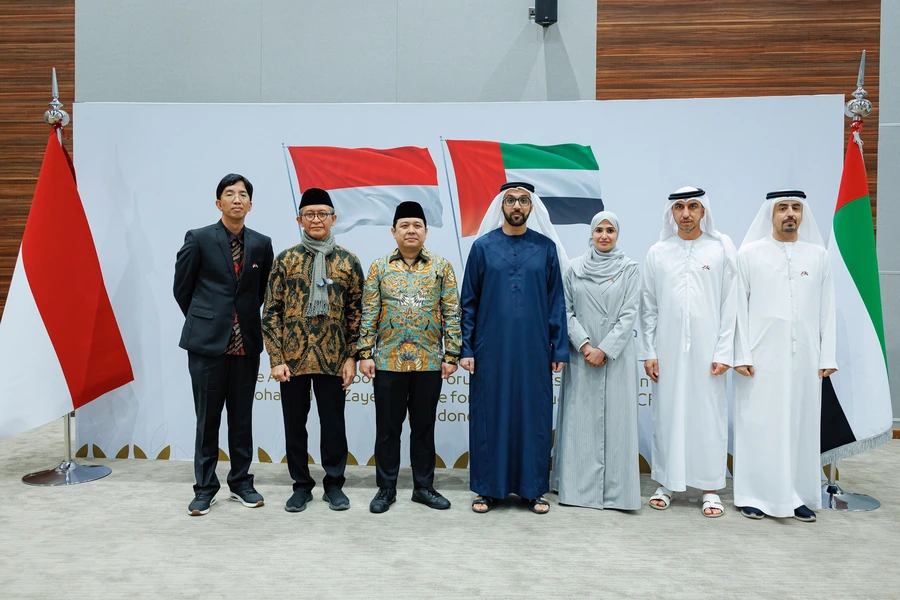
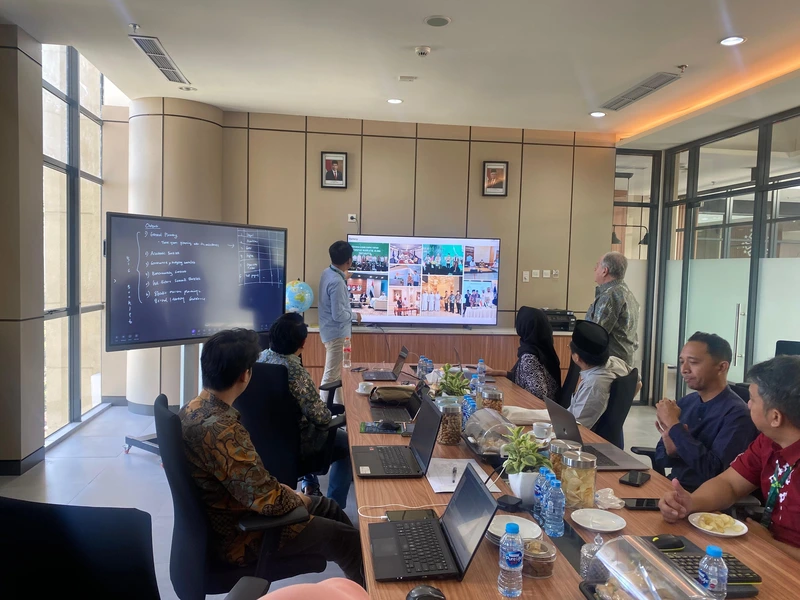
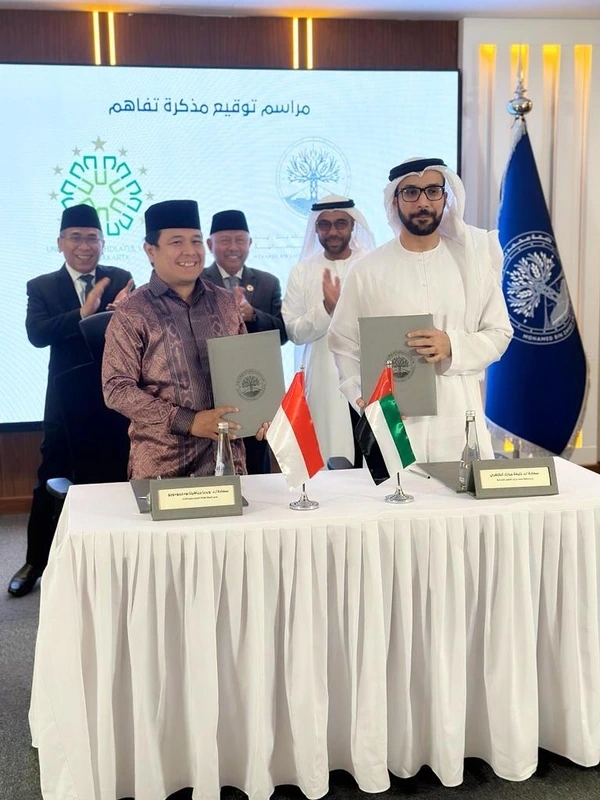
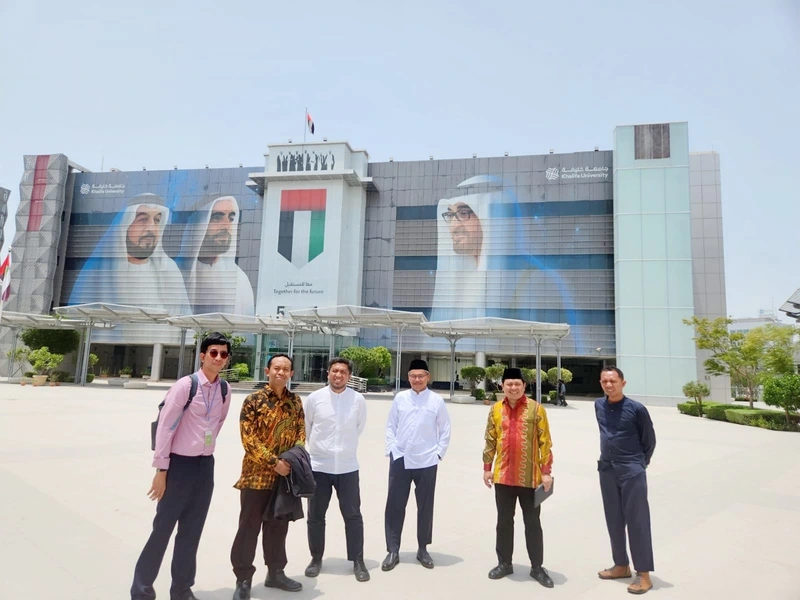
Why This Matters
In a rapidly evolving global economy, Indonesia needs professionals who can navigate complexity, lead with integrity, and innovate with purpose.
That's exactly what we're building at UNU Yogyakarta—not just graduates, but game-changers.
The future doesn't need more of the same—it needs leaders who can bridge worlds, solve complex problems, and create opportunities where none existed before.

